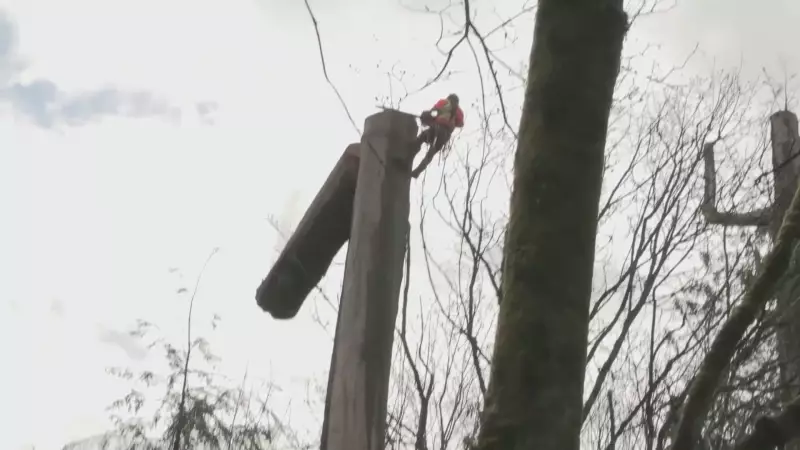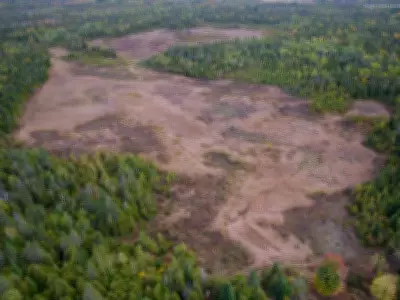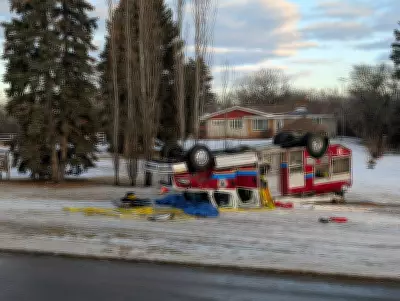
A legal battle is brewing in Vancouver as concerned residents take the Park Board to court over its controversial plan to remove thousands of trees from Stanley Park. The dispute centers on what some are calling an overly aggressive approach to forest management in one of Canada's most beloved urban green spaces.
The Heart of the Controversy
At the core of the legal challenge is the Park Board's decision to cut down approximately one-quarter of Stanley Park's trees, citing public safety concerns and the need to address damage from recent environmental stressors. However, residents argue that the scale of removal far exceeds what's necessary and threatens the ecological integrity of the 400-hectare park.
'This isn't forest management—it's deforestation,' stated one of the petitioners involved in the legal action. 'We understand the need for some removal, but the current plan goes too far and lacks proper scientific justification.'
Safety Concerns vs. Environmental Protection
The Park Board maintains that the tree removal is essential for public safety, pointing to recent windstorms that toppled numerous trees and created hazardous conditions. They emphasize that the program targets primarily dead, dying, or dangerous trees that pose risks to park visitors.
However, opponents counter that the board is using safety concerns as justification for what amounts to excessive logging. They point to alternative approaches used in other urban forests that prioritize ecological preservation while maintaining public safety.
Legal Grounds for Challenge
The court application filed by residents argues that the Park Board failed to follow proper procedures and consultation requirements before approving the massive tree removal project. The petitioners claim the board didn't adequately consider environmental impacts or explore less destructive alternatives.
The legal challenge seeks to halt the tree removal program until:
- Proper environmental assessments are completed
- Meaningful public consultation occurs
- Alternative approaches are thoroughly evaluated
- Transparent decision-making processes are established
Community Response and Next Steps
The controversy has sparked significant public interest, with many Vancouver residents expressing strong opinions on both sides of the issue. Some support the Park Board's safety-first approach, while others join the petitioners in calling for greater environmental stewardship.
The case represents a growing tension in urban forest management—balancing public safety with ecological preservation in increasingly climate-vulnerable environments. As the legal proceedings unfold, the outcome could set important precedents for how Canadian cities manage their urban forests in an era of environmental uncertainty.
The court is expected to hear the case in the coming weeks, with both sides preparing their arguments in what promises to be a landmark decision for urban environmental policy in British Columbia.





